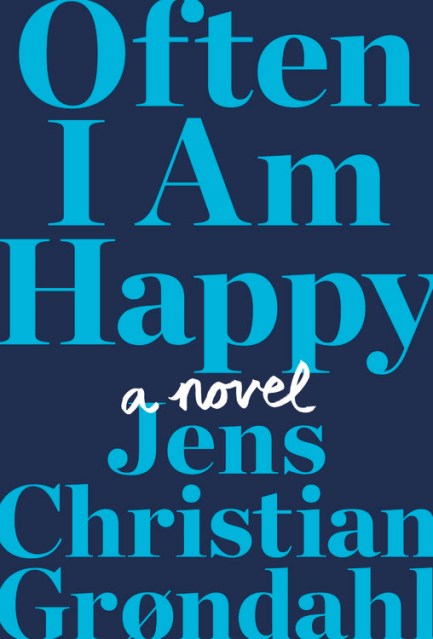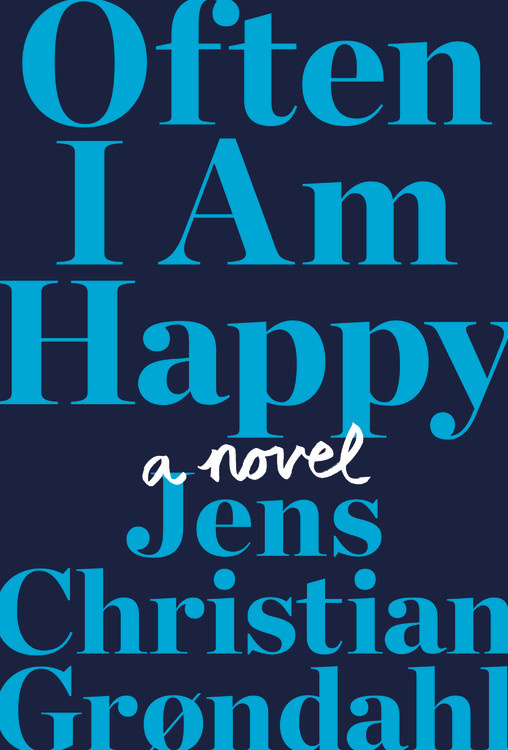By clicking “Accept,” you agree to the use of cookies and similar technologies on your device as set forth in our Cookie Policy and our Privacy Policy. Please note that certain cookies are essential for this website to function properly and do not require user consent to be deployed.
Often I Am Happy
A Novel
Contributors
Formats and Prices
- On Sale
- Apr 11, 2017
- Page Count
- 176 pages
- Publisher
- Twelve
- ISBN-13
- 9781455570072
Price
$23.00Price
$30.00 CADFormat
Format:
- Hardcover $23.00 $30.00 CAD
- Audiobook Download (Unabridged)
This item is a preorder. Your payment method will be charged immediately, and the product is expected to ship on or around April 11, 2017. This date is subject to change due to shipping delays beyond our control.
Buy from Other Retailers:
“Often I am happy and yet I want to cry; / For no heart fully shares my joy.” — B.S. Ingemann
Ellinor is seventy. Her husband Georg has just passed away, and she is struck with the need to confide in someone. She addresses Anna, her long-dead best friend, who was also Georg’s first wife. Fully aware of the absurdity of speaking to someone who cannot hear her, Ellinor nevertheless finds it meaningful to divulge long-held secrets and burdens of her past: her mother’s heartbreaking pride; Ellinor’s courtship with her first husband; their seemingly charmed friendship with Anna and Georg; the disastrous ski trip that shattered the two couples’ lives. Wry and mellow yet infused with subdued emotion, this philosophical, lyrical novel moves in parallel narrative threads while questioning the assumptions we cherish concerning identity and love.
-
"A compassionate and often edifying commentary on the elasticity of love, the strength it takes to move forward after a death, and the power of forgiveness."Publishers Weekly (Starred Review)
-
"[OFTEN I AM HAPPY] possesses quiet grace."Kirkus
-
"The pleasures of this short novel are those of watching a foreign film that transports you to an unfamiliar emotional terrain."Metro Toronto
Newsletter Signup
By clicking ‘Sign Up,’ I acknowledge that I have read and agree to Hachette Book Group’s Privacy Policy and Terms of Use






